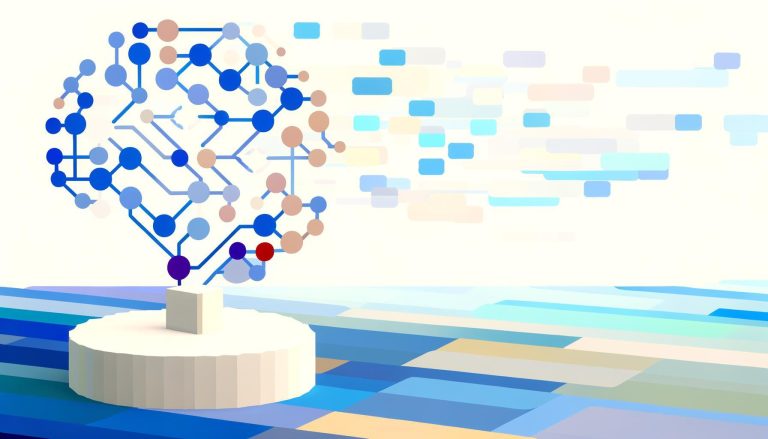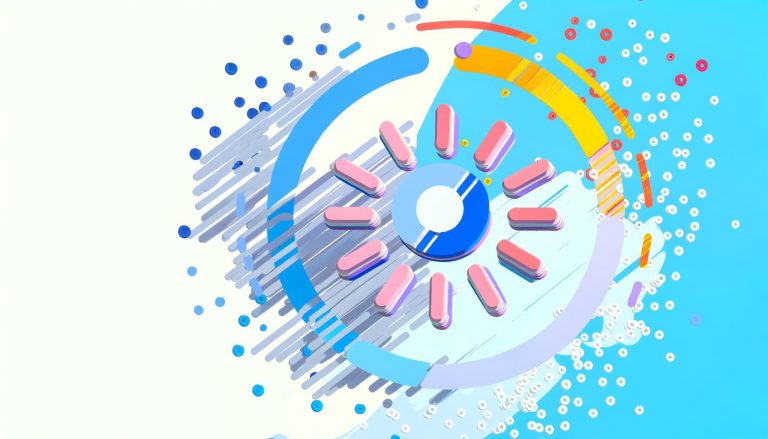As AI continues to evolve at a rapid pace, its integration into various aspects of healthcare has proven to be transformative. One of the more unexpected areas AI is making an impact is in treating Internet Gaming Disorder (IGD). This article will explore how AI is being used to address IGD, the benefits and challenges associated with this approach, and practical tips for leveraging AI tools.
Understanding Internet Gaming Disorder
Internet Gaming Disorder is characterized by excessive and compulsive use of online games, leading to significant impairment in personal, social, and occupational functioning. Recognized by the World Health Organization in the International Classification of Diseases (ICD-11), IGD can have serious implications on an individual’s mental and physical health.
Symptoms of Internet Gaming Disorder
- Preoccupation with online games
- Withdrawal symptoms when not playing
- Unsuccessful attempts to control gaming habits
- Loss of interest in other activities
- Deceiving family members or therapists about gaming habits
- Using gaming to escape negative moods
- Jeopardizing relationships and career opportunities
The Traditional Approach to Treating IGD
Historically, treatment for IGD has involved a combination of cognitive-behavioral therapy (CBT), family therapy, and peer support groups. Therapists aim to help individuals recognize and change their problematic gaming behavior while also addressing any underlying mental health issues, such as depression or anxiety.
The Role of AI in Addressing Internet Gaming Disorder
Artificial Intelligence offers innovative solutions that have begun to revolutionize the treatment landscape for IGD. These solutions span from personalized therapy applications to monitoring tools designed to provide better insights into behaviors and trends.
Personalized Therapy and AI Chatbots
One of the most engaging applications of AI in treating IGD is through AI-powered chatbots. These virtual therapists use natural language processing to engage with individuals in real-time, providing immediate support and personalized therapeutic advice.
Behavior Monitoring and Data Analytics
AI tools can monitor gaming behavior with unprecedented accuracy. By collecting and analyzing data, these tools can recognize patterns and detect early signs of IGD. This information can be utilized by healthcare professionals to customize treatment plans more effectively.
Virtual Reality and Immersive Therapy
Virtual Reality (VR) combined with AI has emerged as an innovative approach to therapy. These tools create immersive environments where individuals can confront gaming triggers and practice coping strategies under controlled conditions.
Potential Benefits of AI in IGD Treatment
The promising aspects of AI in treating IGD include:
- Accessibility: AI-powered tools are available 24/7, making help more accessible than traditional therapy sessions tied to office hours.
- Cost-Effectiveness: AI applications can reduce the cost of treatment by offering scalable solutions.
- Consistency: AI provides consistent responses, reducing the variability that may come with human therapists.
- Privacy: Some may find it easier to open up to an AI tool rather than a human therapist, facilitating honest communication.
Challenges and Ethical Considerations
While the use of AI in treating IGD shows promise, it does come with its own set of challenges and ethical considerations.
Data Privacy and Security
Collecting sensitive data about gaming habits and mental health requires stringent data privacy and security measures to protect users from breaches.
Lack of Human Connection
Although AI tools provide immediate support, they lack the human empathy and connection that are often crucial in therapeutic settings.
Potential for Misdiagnosis
AI relies on data to make decisions, and incorrect or incomplete data can lead to misdiagnosis or inappropriate treatment recommendations. Continuous oversight by qualified mental health professionals is essential.
Ethical Implications
There is a need for clear ethical guidelines to govern the use of AI in mental health practice, ensuring that the technology is used responsibly and does not cause harm.
Practical Tips for Using AI Tools in IGD Treatment
If you or a loved one is seeking to leverage AI tools for IGD, here are some practical tips to consider:
1. Supplement, Don’t Replace Traditional Therapy
Use AI tools as a complement to traditional therapy methods rather than a replacement. Human therapists can provide the emotional support and nuanced care that AI tools currently cannot.
2. Evaluate Trusted Platforms
Choose AI tools and platforms that have been vetted for safety, efficacy, and security. Look for reviews and studies backing the tool’s effectiveness.
3. Monitor Usage and Progress
Keep track of your interaction with AI tools and observe any changes in behavior or mood. Use this data to discuss progress with your therapist.
4. Stay Informed
The field of AI in mental health is rapidly evolving. Stay updated on the latest advancements and be open to integrating new, evidence-based practices into your treatment plan.
5. Prioritize Data Privacy
Ensure that the AI tools you use comply with data privacy norms and offer robust security features to protect your personal information.
Conclusion
AI is undeniably having a significant impact on the treatment of Internet Gaming Disorder, offering innovative and accessible solutions that were previously unimaginable. While there are considerable benefits, it is essential to navigate the ethical and practical challenges carefully. By supplementing traditional therapy with AI tools, individuals dealing with IGD can access personalized and immediate support, channeling the power of technology towards better mental health outcomes.
For those interested in further supporting their mental wellness journey, the Zenora App offers features such as mood and habit tracking, goal setting, and insightful statistics—all of which can play a pivotal role in managing IGD and promoting overall resilience and positivity.





